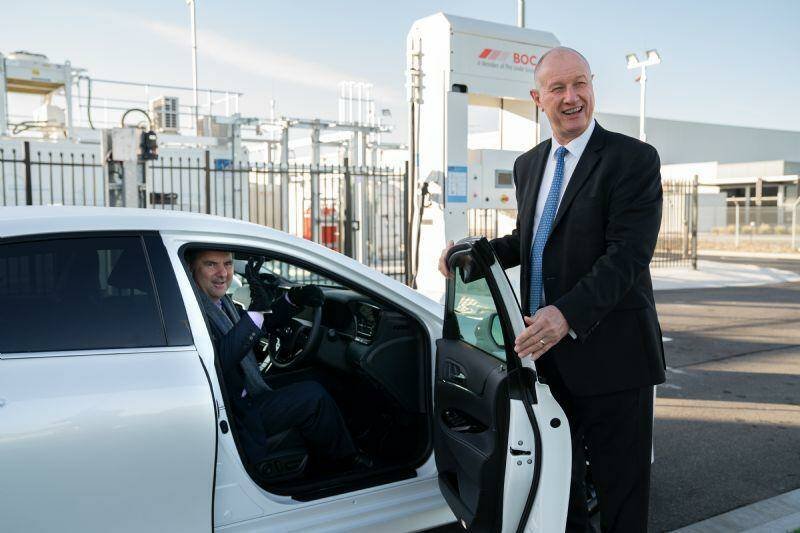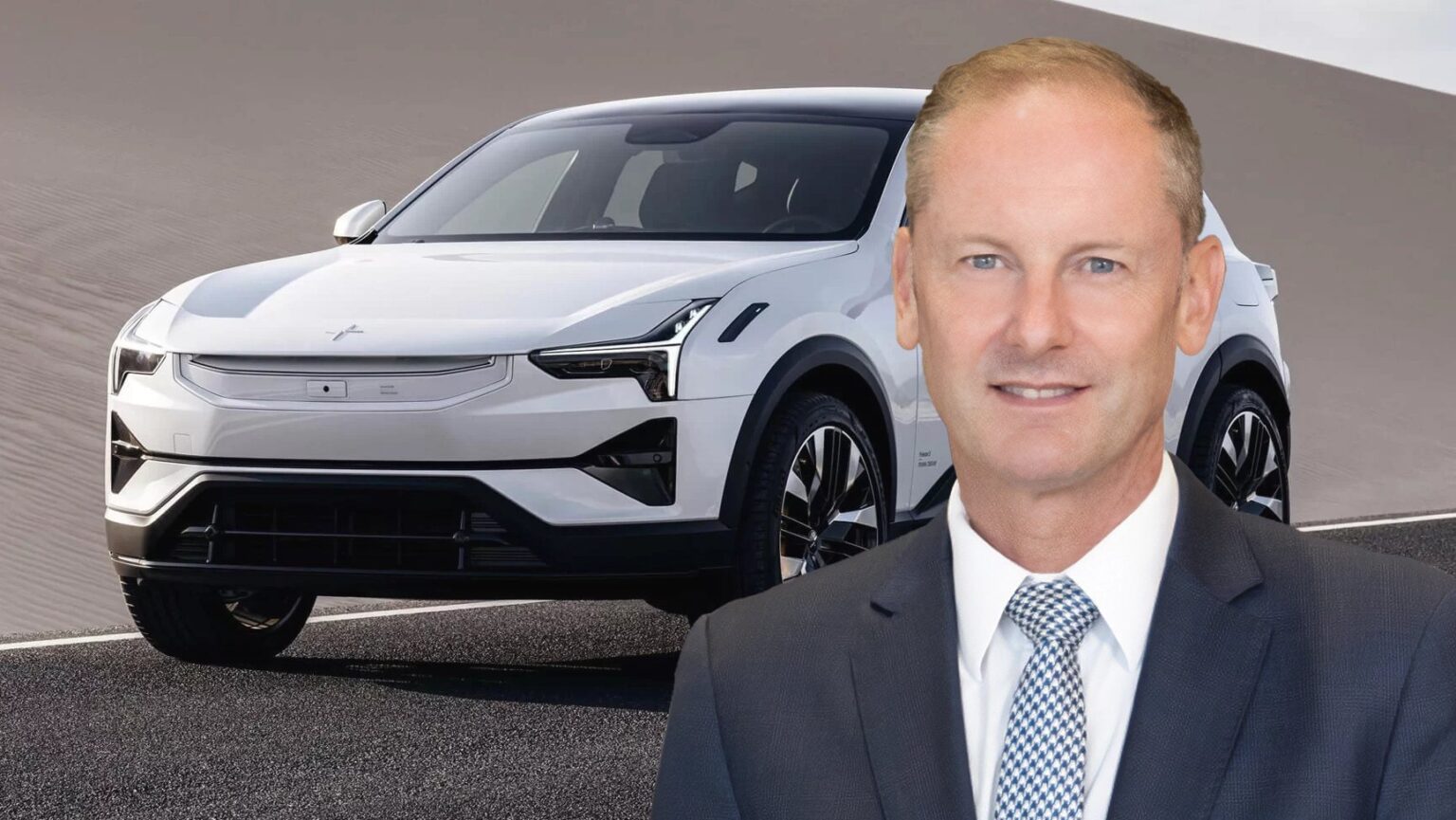Scott Maynard, the managing director of Polestar in Australia, has called for an end to the lucrative tax breaks for high-riding utes that have become the nation’s best-selling cars.
Maynard believes that these concessions have gone too far, resulting in taxpayers subsidizing cars that are harmful to the environment.
The Problem with Utes
Large four-wheel-drive utes, such as the Toyota HiLux, Mitsubishi Triton, and Ford Ranger, are exempt from luxury car tax and fringe benefits tax that apply to other vehicles.
This has led to a situation where three of the top five selling cars in Australia for the first half of the year were dual cab utes and their variants.

A Misguided Focus
Maynard argues that the focus of the tax break system for cars is misguided, benefiting vehicles that are not only harmful to the environment but also no longer used as tools of trade.
“If you consider some of the positioning of some of those particular vehicles, which are clearly no longer tools of trade, I don’t think it’s a difficult jump to make to put that on the fact that they’ve enjoyed tax let-off since 2000,” he said.
A Better Alternative
Maynard believes that the benefits of the tax break system should be afforded to vehicles that are now cheaper to own, easier to live with, and better for the environment, such as electric vehicles.
Research director at The Australia Institute, Rod Campbell, has also spoken out against the “considerable costs on society” of subsidizing large utes, such as the RAM 1500 and Ford F-150.
A Call for Change
Removing the luxury car tax exemption would not affect most ute drivers, particularly tradies, but would target those buying large luxury vehicles for personal use.
“Economics 101 says that governments should tax things they want less of, and subsidize things they want more of, and it is stunning that the Australian Government seems to want more big, dumb utes,” Campbell said.
A Different Approach
Polestar, which specialises in electric vehicles only, has taken a different approach to the car industry, committing to EVs and distancing itself from the Federal Chamber of Automotive Industries.
Maynard believes that this approach has opened up opportunities for the brand, particularly as rival brands water down their commitment to EVs.
The brand has seen an uptick in interest from customers who were considering plug-in electric vehicles before a tax break expired on April 1, pushing them towards EVs.

